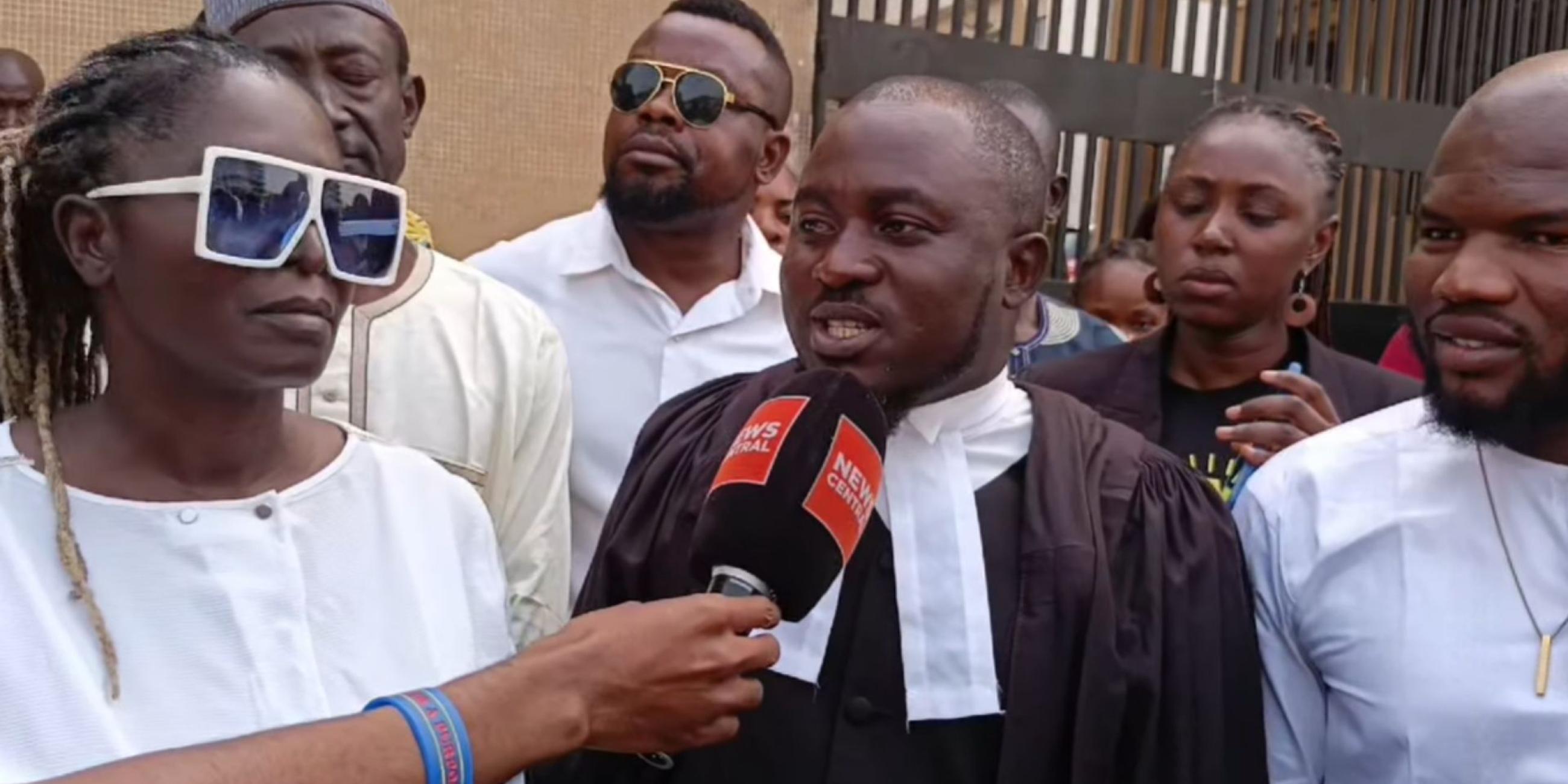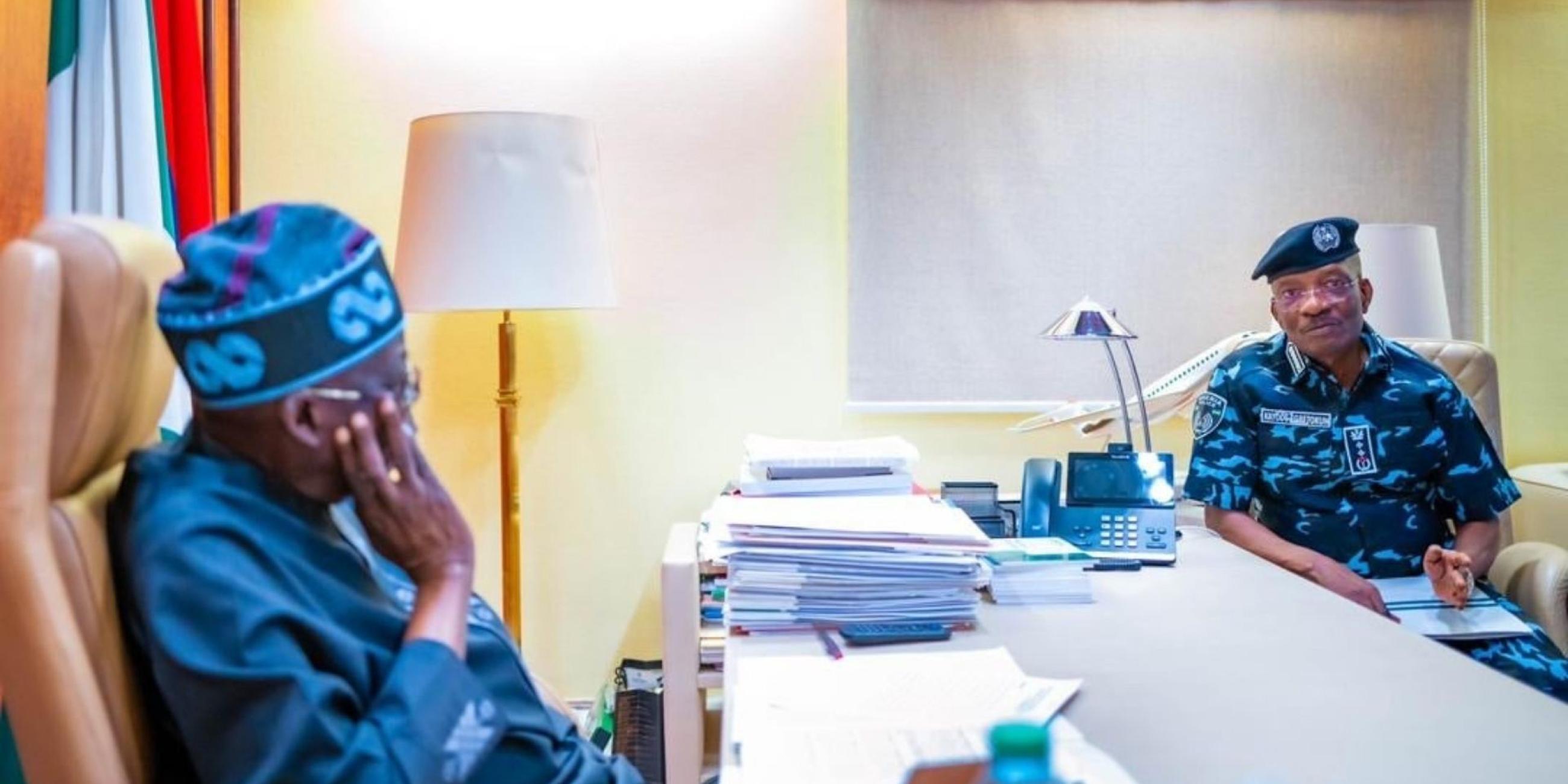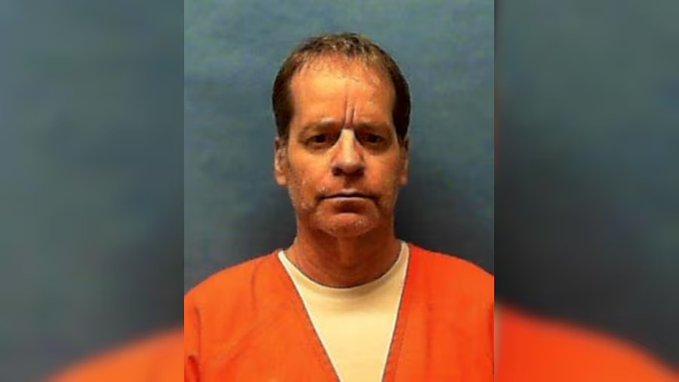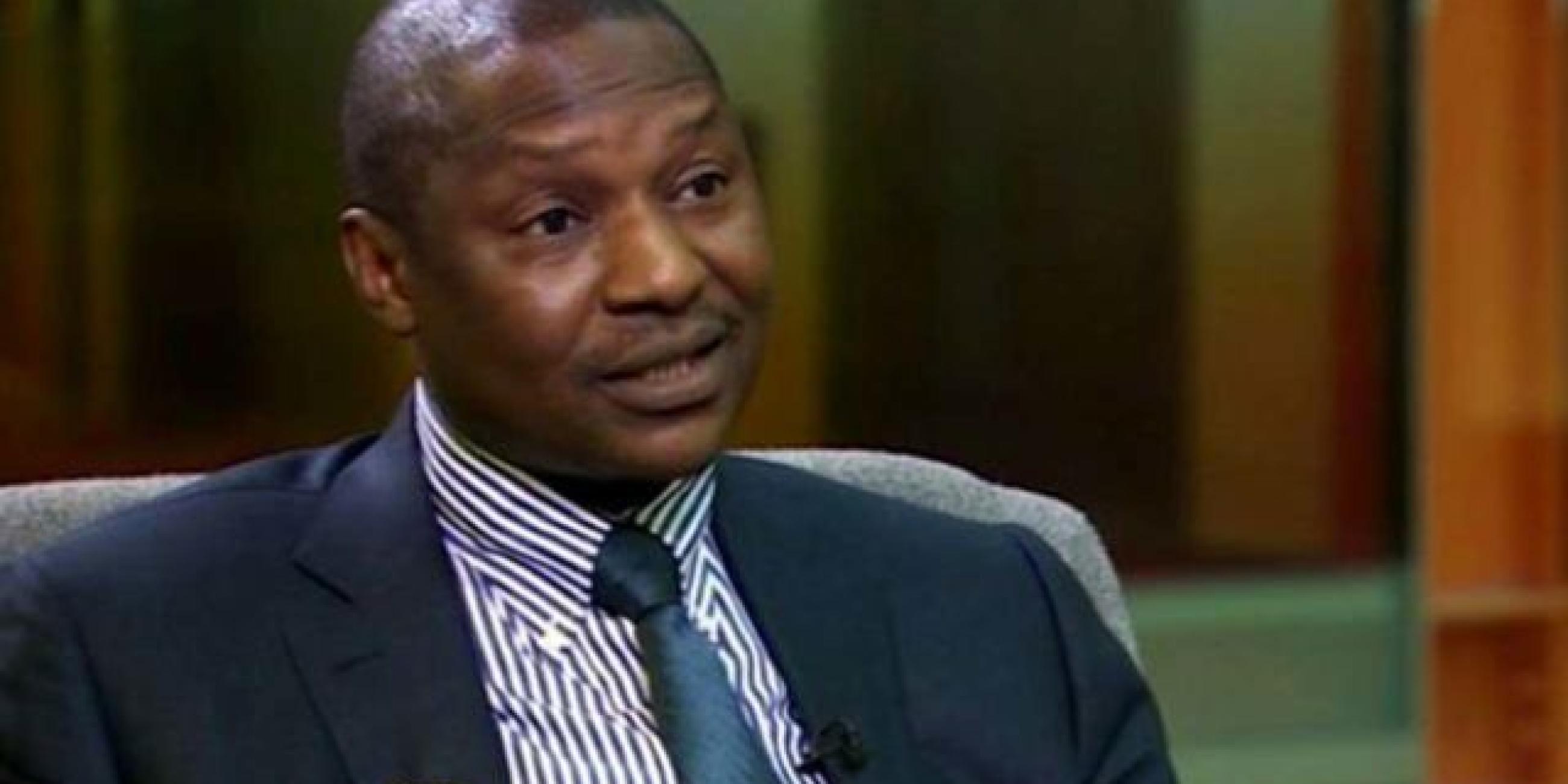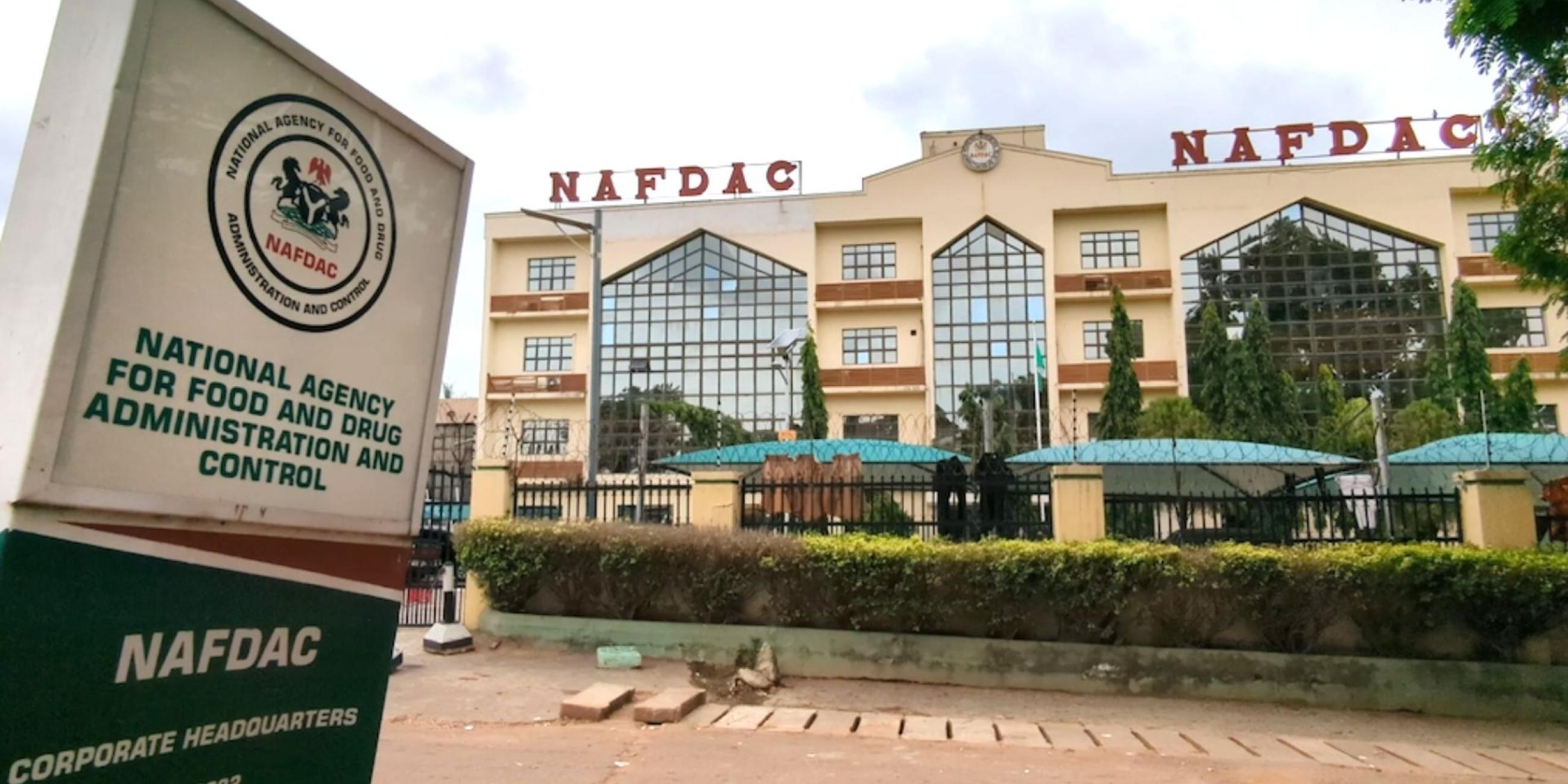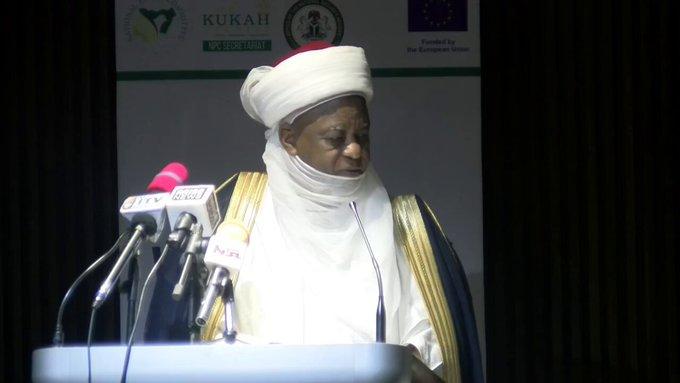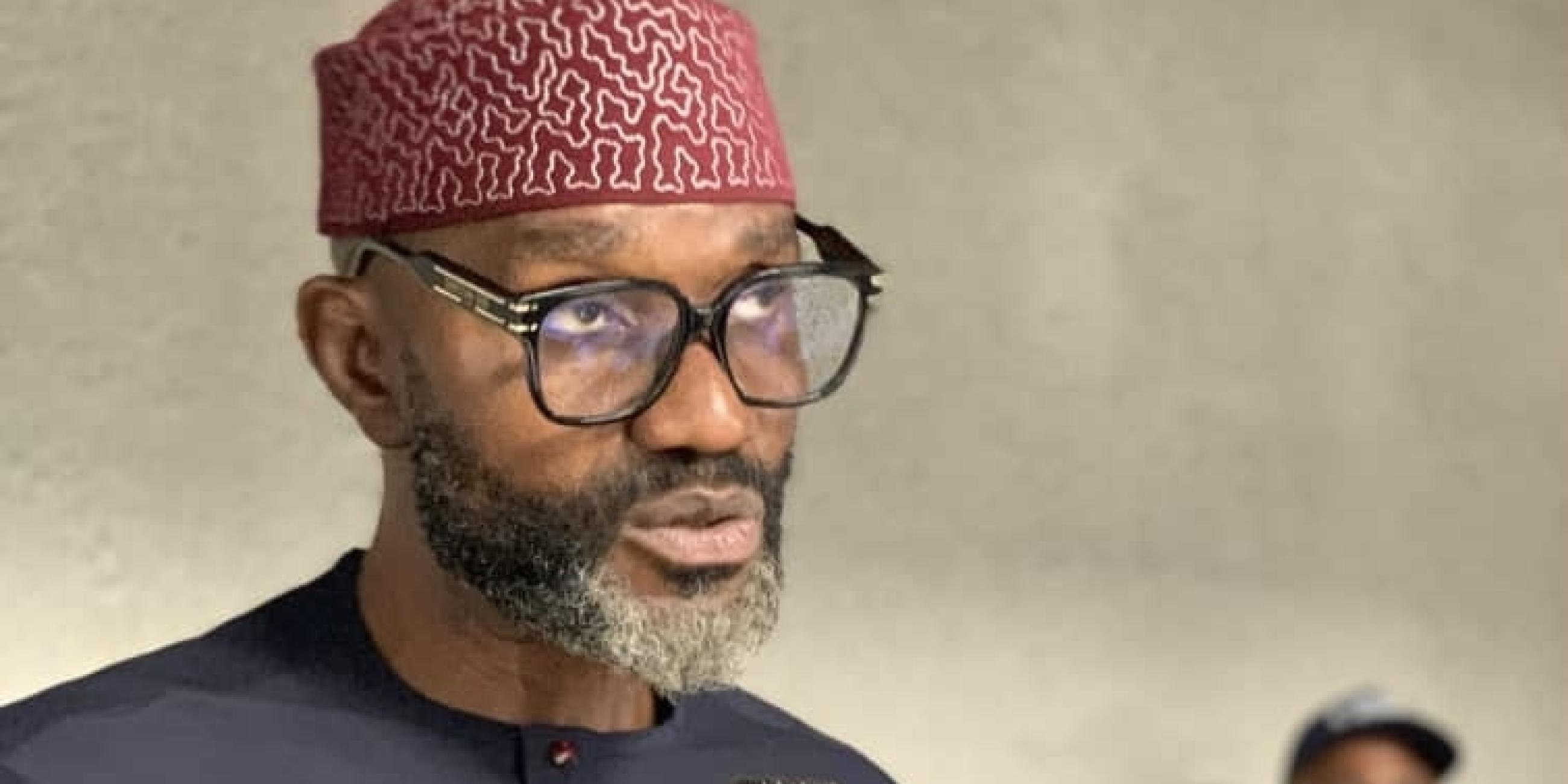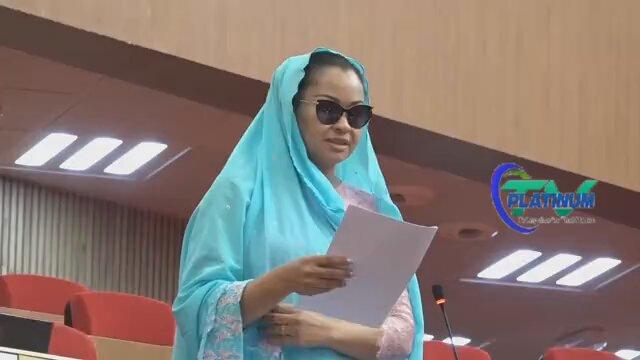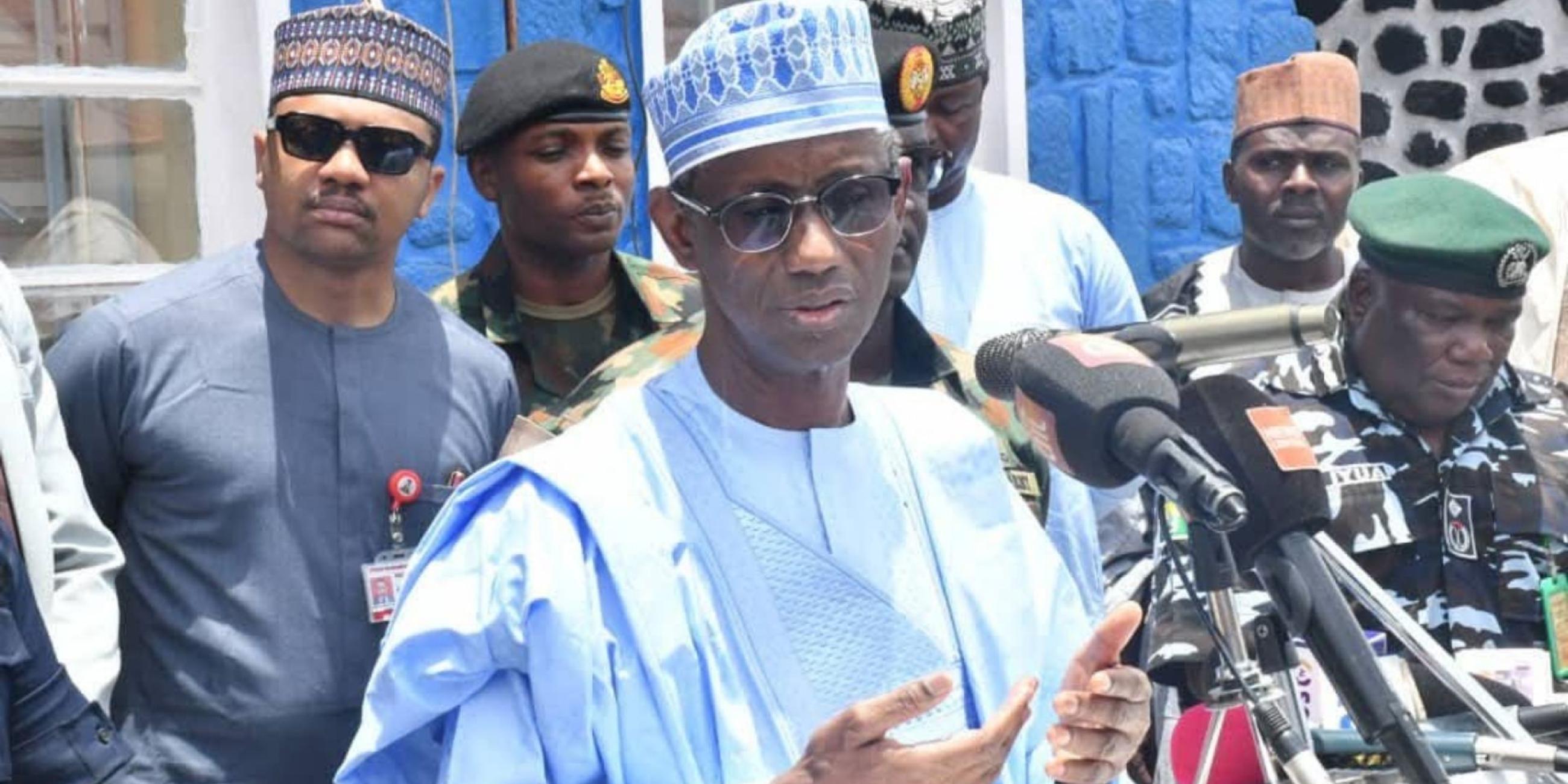TIB Delta to Protest ‘Unlawful’ Prosecution of Activist Aghogho Amid AGF Authorization Dispute
The Take It Back Movement (TIB), Delta State chapter, plans a peaceful protest at the Federal High Court in Warri on December 15 over the alleged unlawful prosecution of activist Ighorhiohwunu Aghogho. The group says Delta State initiated federal charges without the Attorney-General of the Federation’s consent, despite conflicting positions presented before the ECOWAS Court. Aghogho is challenging the case as unconstitutional and seeking its dismissal along with ₦500 billion in compensation. TIB argues that the AGF’s filings expose inconsistencies, calling for judicial accountability as tensions rise ahead of the next court hearing.
The Take It Back Movement (TIB), Delta State chapter, plans a peaceful protest at the Federal High Court in Warri on December 15 over the alleged unlawful prosecution of activist Ighorhiohwunu Aghogho. The group says Delta State initiated federal charges without the Attorney-General of the Federation’s consent, despite conflicting positions presented before the ECOWAS Court. Aghogho is challenging the case as unconstitutional and seeking its dismissal along with ₦500 billion in compensation. TIB argues that the AGF’s filings expose inconsistencies, calling for judicial accountability as tensions rise ahead of the next court hearing.
TIB Delta to Protest ‘Unlawful’ Prosecution of Activist Aghogho Amid AGF Authorization Dispute
The Take It Back Movement (TIB), Delta State chapter, plans a peaceful protest at the Federal High Court in Warri on December 15 over the alleged unlawful prosecution of activist Ighorhiohwunu Aghogho. The group says Delta State initiated federal charges without the Attorney-General of the Federation’s consent, despite conflicting positions presented before the ECOWAS Court. Aghogho is challenging the case as unconstitutional and seeking its dismissal along with ₦500 billion in compensation. TIB argues that the AGF’s filings expose inconsistencies, calling for judicial accountability as tensions rise ahead of the next court hearing.
0 Comments
·0 Shares
·46 Views




